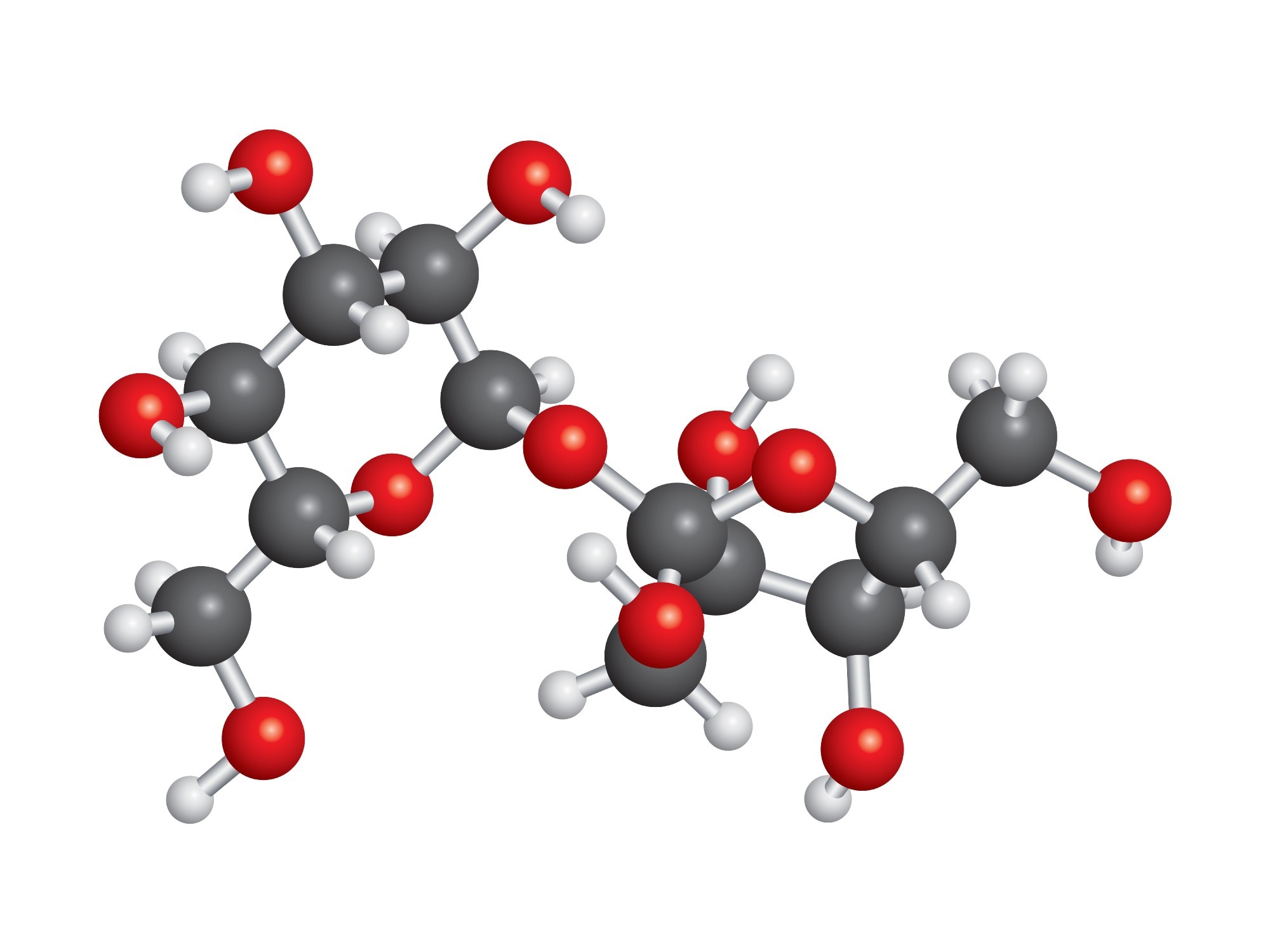Polymers in Medical Care: Improving Medical Instruments and Treatments
Polymers in Medical Care: Improving Medical Instruments and Treatments
Blog Article
Exploring the Varied Applications and Benefits of Polymers in Different Industries
Polymers, with their diverse series of residential properties and capabilities, have ended up being vital in various markets, each reaping special take advantage of their application. Polymers. From boosting safety and security and performance in the auto sector to transforming medical gadgets in the medical care industry, polymers play a critical function. Furthermore, their eco-friendly nature is modifying the landscape of sustainability methods. As we delve right into the depths of polymers in electronics, we discover cutting-edge technologies, while their structural honesty transforms the world of construction and framework. The pervasive influence of polymers throughout sectors is a testimony to their versatility and flexibility, forming the future of plenty of industries.
Automotive Industry Applications
Polymers play a crucial duty in improving the efficiency and durability of various components within the automobile sector. One noticeable usage of polymers in the automobile industry is in the production of light-weight components.

Healthcare Sector Benefits
In different medical care applications, the benefits of utilizing polymers are extensively acknowledged for their varied series of helpful homes. Polymers play an essential duty in the medical care sector due to their adaptability, biocompatibility, and cost-effectiveness. Among the key benefits of polymers in medical care is their ability to be customized to certain demands, such as adaptability, resilience, and biodegradability, making them optimal for a variety of clinical applications.
Polymer-based materials are extensively made use of in clinical tools, such as catheters, implants, prosthetics, and medication delivery systems, as a result of their biocompatibility and capability to simulate all-natural tissues. These materials can reduce the threat of allergies or rejections, enhancing client safety and results. Additionally, polymers are light-weight, making them appropriate for wearable medical devices and guaranteeing patient convenience.
Moreover, polymers make it possible for the growth of innovative treatment techniques, such as hydrogels for cells design and nanocomposites for targeted drug delivery. Their ease of processing and sterilization makes them crucial for keeping high criteria of health in medical care setups. Overall, the diverse benefits of polymers add considerably to improvements in medical technology and patient care.
Ecological Advantages of Polymers

Furthermore, polymers can add to power cost savings due to their lightweight nature. In industries such as transport, light-weight polymer products can assist lower fuel usage and greenhouse gas emissions. Furthermore, polymers can make it possible for the growth of energy-efficient products such as insulation materials that enhance power preservation in structures.
Furthermore, polymers play a critical duty in decreasing water contamination. The usage of polymer-based purification systems can efficiently remove toxins and impurities from wastewater, protecting water sources and environments. On the whole, the ecological benefits of polymers make them useful possessions in advertising sustainability and environmentally friendly methods across numerous sectors.
Polymers in Electronics and Technology
Thinking about the boosting demand for ingenious and sustainable solutions in modern sectors, the integration of sophisticated polymer modern technologies in the realm of electronics and modern technology has emerged as my sources a crucial method for driving efficiency and efficiency. Polymers have revolutionized the electronics sector by making it possible for the manufacturing of lighter, more adaptable, and long lasting electronic devices. From smartphones to clinical gadgets, polymers play a crucial duty in improving item layout and capability.
One substantial advantage of polymers in electronics is their find here protecting residential or commercial properties, which aid secure delicate electronic components from ecological aspects and electrical disturbance. Additionally, polymers are necessary in the development of flexible screens, wearable innovation, and printed electronics, using unlimited possibilities for developing smart and interconnected gadgets.
Furthermore, making use of polymers in digital packaging has caused developments in miniaturization and thermal monitoring, boosting the general performance and reliability of electronic systems. As technology remains to develop, the convenience and adaptability of polymers will most certainly drive additionally development in the electronics industry, shaping the future of innovation.
Function of Polymers in Building and Infrastructure
The assimilation of advanced polymer materials in building and construction and framework jobs has actually revolutionized the means structures are developed and constructed in contemporary times. Polymers supply various benefits in the building and construction industry as a result of their versatility, sturdiness, and cost-effectiveness. One crucial duty of polymers in building and construction is their use in finishes and sealers, providing protection against ecological elements such as dampness, UV radiation, and corrosion. In addition, polymers are made use of in the production of light-weight and read more high-strength composite materials, boosting the architectural integrity of structures while decreasing overall weight.
Moreover, polymers play a critical function in lasting building and construction methods by making it possible for the advancement of energy-efficient frameworks. Insulating materials made from polymers aid regulate indoor temperatures, lowering the requirement for home heating and cooling down systems and ultimately reducing power usage - Polymers.
Final Thought
In verdict, polymers play an important role in numerous industries such as automotive, medical care, environmental, electronics, and building and construction. From boosting gas performance in cars to enhancing medical devices, polymers provide countless advantages.
Report this page